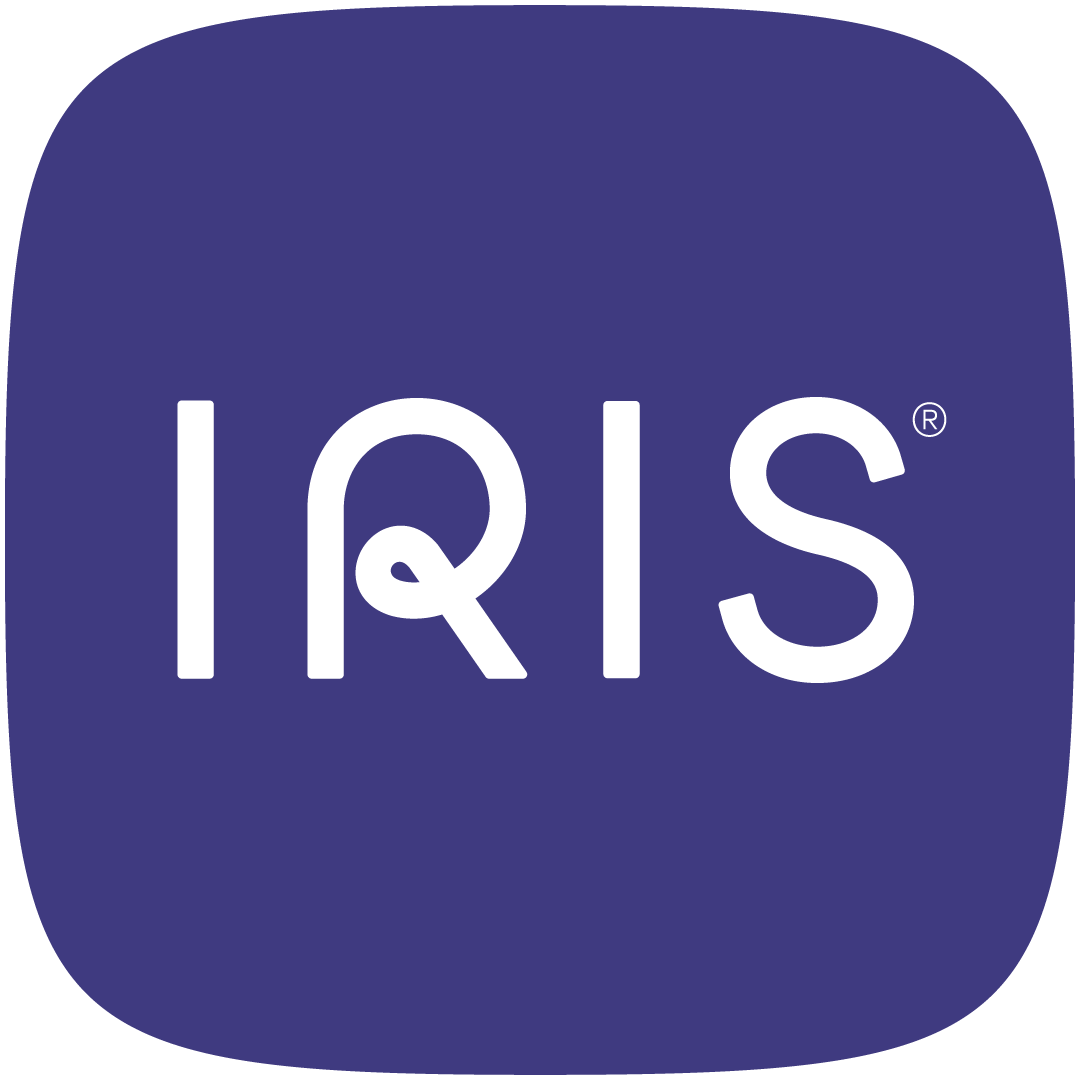How Neuro-Inclusion Can Power Your Business
Is your hospitality company harnessing neuro-inclusion to empower your business for success?
In today's evolving world, businesses are becoming increasingly aware of the importance of diversity and inclusion. However, diversity doesn't just extend to race, gender, and ethnicity; it also encompasses neurodiversity.
Neuro-inclusion - the practice of creating an inclusive environment for individuals with diverse neurological conditions - is gaining recognition as a powerful strategy for driving innovation, creativity, and success. By embracing neuro-inclusion, companies can tap into the unique talents and perspectives of neurodivergent individuals, thereby unlocking new opportunities for growth and advancement.
Read on to find out how neuro-inclusion can benefit your business, how to integrate it as part of your diversity and inclusion efforts, and how IRIS’s Head of Finance and Operations, Natalie Moore, adapts to her strengths.
Understanding Neurodiversity
Neurodiversity refers to the natural variation in human neurological conditions, including autism, ADHD, dyslexia, and other cognitive differences. Individuals who are neurodivergent often possess exceptional abilities in areas such as pattern recognition, attention to detail, problem-solving, and innovative thinking. However, these talents are often overlooked or undervalued. Neuro-inclusion seeks to change this by creating an environment that embraces and harnesses the strengths of neurodivergent individuals.
Driving Innovation and Creativity
Neurodivergent individuals often have a unique perspective and thinking style that can lead to innovative solutions and breakthrough ideas. Their ability to think outside the box, approach problems from unconventional angles, and focus on intricate details can significantly contribute to your company's innovation efforts. By incorporating neurodiversity into your teams and projects, you can tap into a diverse pool of ideas, experiences, and problem-solving approaches that may not have been considered otherwise.
Enhancing Problem-Solving and Decision-Making
Neuro-inclusion can greatly enhance your company's problem-solving and decision-making processes. Neurodivergent individuals often possess exceptional analytical skills, attention to detail, and the ability to spot patterns that others might miss. By including neurodiverse perspectives in your teams, you can benefit from a wider range of insights and approaches to complex challenges. This diversity of thought can lead to more comprehensive problem-solving and more effective decision-making, ultimately driving better outcomes for your business.
Promoting a Culture of Inclusivity
By embracing neuro-inclusion, businesses send a powerful message about their commitment to diversity and inclusivity, fostering a positive brand image and attracting top talent. Neurodivergent individuals who feel valued and included are more likely to contribute their best work, resulting in increased employee engagement and satisfaction. A culture of inclusivity also promotes a sense of belonging and psychological safety, encouraging all employees to bring their authentic selves to the workplace.
Unlocking & Harnessing Untapped Talent
Embracing neuro-inclusion and harnessing the unique talents of neurodivergent individuals can provide businesses with access to a pool of individuals and enable you to drive innovation, enhance problem-solving and improve productivity. Many neurodivergent individuals possess exceptional skills such as data analysis, programming, design, and quality control. By creating recruitment and hiring practices that are inclusive and accommodating, companies can tap into this valuable talent pool, giving them a competitive edge in the marketplace.
Implementing Neuro-Inclusive Practices
To embrace neuro-inclusion, businesses could implement the following practices:
Education and Training: Educate your employees about neurodiversity and create awareness about the unique strengths and challenges of neurodivergent individuals.
Flexible Work Arrangements: Provide accommodations and support to meet the diverse needs of your neurodivergent employees, such as flexible working hours, quiet spaces, and specialised software or equipment.
Sensory Considerations: Create a work environment that takes into account sensory needs.
An IRIS Perspective
IRIS’ Head of Finance and Operations, Natalie Moore, states that being a neurodivergent is both a strength and a weakness. She comments:
“I am excellent at coming up with new ideas and projects, and very happy for people at IRIS to suggest new ways of doing things. I also enjoy getting my head down, analysing reports and data. However, ask me to do something without a deadline, or routine paperwork, and I will find it challenging.
The team at IRIS are very understanding and are happy to make accommodations. I have software and coaching to help me understand my workplace needs, and doodling in a meeting is to be expected!
My digital notebook is also helpful as it enables me keep a record of everything and I think it benefits everyone else more than me, as there’s a lot less post-it notes floating around the office!”
For further information and advice on The Mental Health Foundation, please click here.


